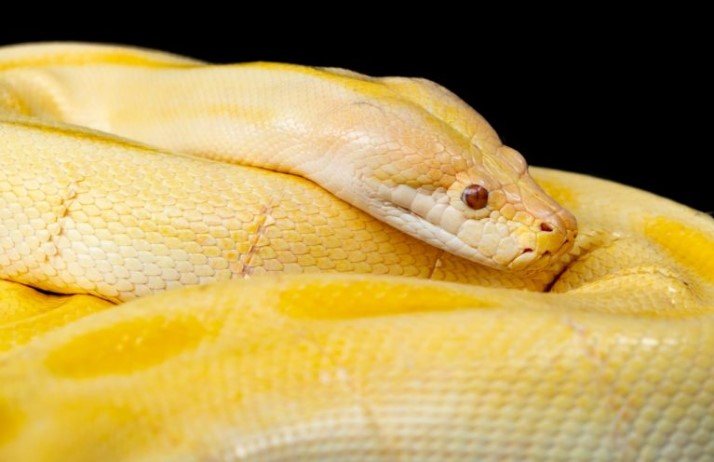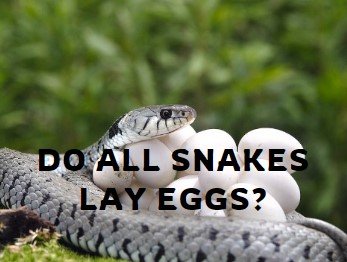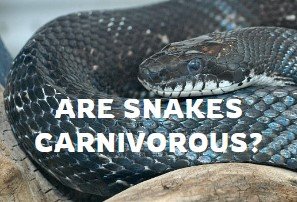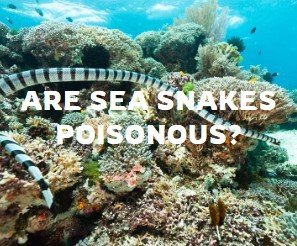Excremental Insights: Unraveling the Phenomenon of Snake Feces
Introduction:
The question of whether snakes poop is a curious inquiry into the digestive processes of these remarkable reptiles. Let’s delve into the intricacies of snake excretion, exploring the unique features of snake feces, the factors influencing their elimination, and the vital role this biological process plays in the overall health of snakes.
1. Digestive Efficiency:
Snakes boast highly efficient digestive systems adapted to their carnivorous diets. After consuming prey, snakes undergo a remarkable process of digestion, where enzymes break down the ingested food into nutrients.
2. Digestive Tract Anatomy:
The anatomy of a snake’s digestive tract plays a crucial role in the elimination of waste. Snakes have a relatively short digestive tract compared to other animals, facilitating the rapid absorption of nutrients and minimizing the volume of indigestible material.
3. Formation of Fecal Matter:
Indigestible components of the snake’s diet, such as fur, bones, and scales, are compacted into fecal matter during the digestive process. This waste material is crucial for removing indigestible remnants from the snake’s system.
4. Consistency and Appearance:
Snake feces exhibit unique characteristics influenced by diet and species. The consistency can range from soft to firm, and the appearance may include indigestible components, offering insights into the snake’s recent meals.
5. Frequency of Elimination:
The frequency of snake defecation varies based on factors such as the size of the snake, its age, and its activity level. Smaller snakes may eliminate waste more frequently than larger counterparts, and the frequency can also be influenced by environmental conditions and temperature.
6. Behavioral Aspects:
Snakes often exhibit specific behaviors before defecation, such as increased activity or restlessness. Understanding these behavioral cues can be beneficial for snake keepers and researchers monitoring the health and well-being of captive snakes.
7. Environmental Implications:
In the wild, snake feces contribute to nutrient cycling and play a role in the ecosystem. The elimination of waste helps recycle nutrients back into the environment, showcasing the interconnectedness of snakes with their habitats.
8. Captive Snake Care:
For those keeping snakes in captivity, monitoring and addressing the elimination of waste is a crucial aspect of snake care. Proper substrate and enclosure hygiene contribute to the overall health and well-being of captive snakes.
Conclusion:
In summary, snakes do indeed excrete waste in the form of feces, a vital process that ensures the efficient functioning of their digestive systems. Exploring the nuances of snake poop not only provides valuable insights into their biology but also emphasizes the interconnected roles these fascinating reptiles play in their natural environments.
Learn more about Snakes.





Leave a Reply